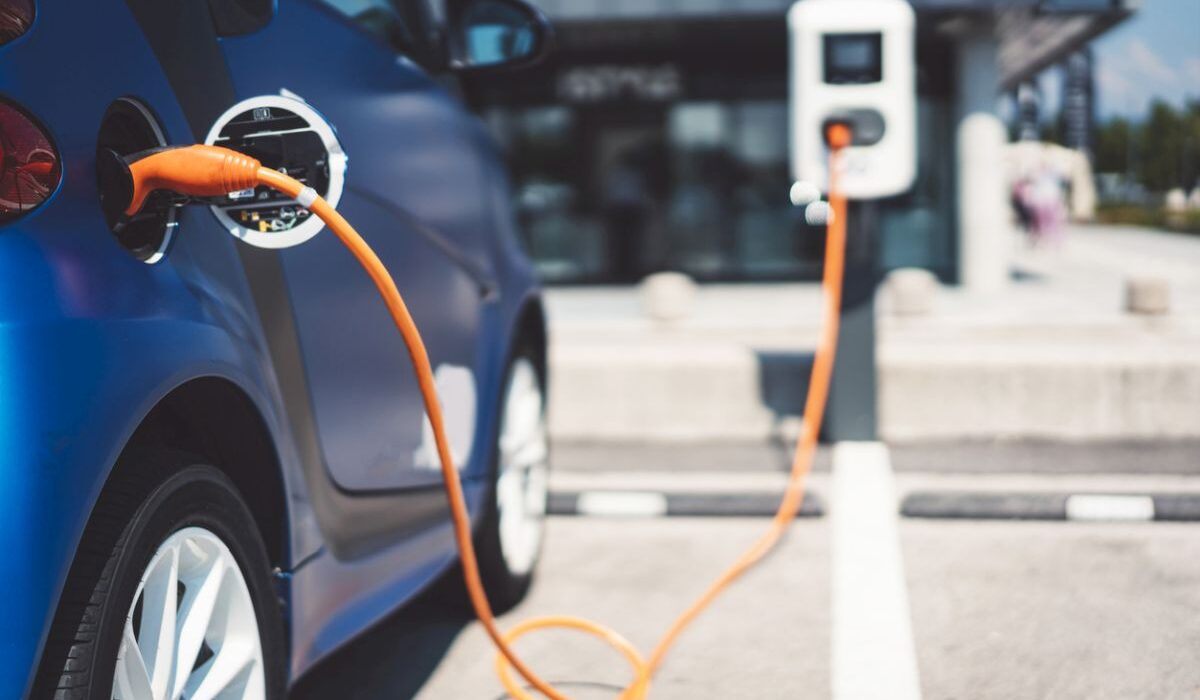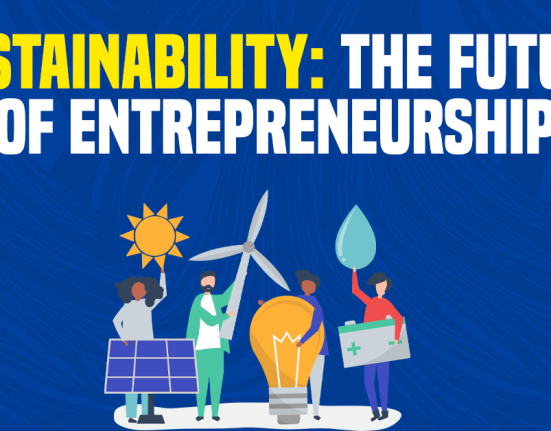As the world continues to shift towards a cleaner and decarbonized future, the energy transition has created a number of opportunities and solutions for businesses focused on electric vehicle (EV) charging ranging from a standard home charging to fast charging stations found on highways and in most urban areas.
These solutions some of which are still in R & D stages, underway, already developed, marketed or shipped out validate the adoption of this new mobility and auto technology of the future in a bid to decarbonizing the world and making room for a cleaner and greener future.
Some of the most common EV charging solutions are:
- Level 1 Charging: This is the most basic form of EV charging and can be done using a standard household outlet. It provides a low amount of power and can take up to 24 hours to fully charge an EV.
- Level 2 Charging: This charging solution uses a 240-volt outlet and can charge an EV much faster than level 1 charging. It can take anywhere from 3 to 8 hours to fully charge an EV, depending on the battery size and charging rate.
- DC Fast Charging: DC fast charging is the fastest form of charging available and can charge an EV in as little as 30 minutes. These charging stations are typically found on highways and in urban areas and can provide up to 400 volts of power.
- Wireless Charging: This technology uses an electromagnetic field to transfer energy between a charging pad and the EV’s battery. It eliminates the need for cords and cables, making it convenient for drivers.
- Solar Charging: Solar charging uses photovoltaic panels to convert sunlight into electricity, which can then be used to charge an EV. This technology is still in its early stages, but has the potential to be a sustainable and environmentally-friendly charging solution.
- Battery Swapping: Battery swapping allows EV drivers to exchange depleted batteries for fully charged ones at designated stations. This technology is still relatively new and is not widely available, but it could be a game-changer for EV drivers on long trips.
More to read – 3 Key Challenges to Energy Transition
These solutions have opened up a vista of business opportunities and ideas in the EV charging space that could be worth exploring and investing in, which may include:
- Public EV charging stations: As more people switch to electric vehicles, there will be an increased demand for charging stations in public areas. Setting up public EV charging stations can be a profitable business idea, especially in areas with a high concentration of EV drivers. You could partner with local governments or private businesses to install and maintain charging stations.
- Home EV charging installation: Many EV drivers prefer to have a charging station at home for convenience. You could offer home installation services to help people set up their own charging stations. This could include everything from consultation and site assessment to installation and maintenance.
- Mobile EV charging: Creating a mobile charging service capable of bringing your EV charging solution to customers’ homes, offices or other locations can be a convenient option for busy professionals who do not have the time to wait at a charging station. Some EV drivers may find themselves in situations where they are unable to access a charging station, such as on long road trips. A mobile charging service could be a great solution for these drivers. You could offer an on demand service where you bring a portable EV charging station to their location.
- Battery Swap Service: Another option to the mobile on demand EV charging solution is a battery swap service for electric vehicles. This would allow drivers to exchange their depleted batteries for fully charged ones at a designated swap station, which would be more convenient and faster than waiting for a vehicle to charge.
- EV charging network: Creating a network of EV charging stations across a region or country can be a profitable business idea. You could partner with businesses and governments to set up a network of charging stations that EV drivers can use for a subscription fee. Developing this network or chain of EV charging stations in strategic locations such as shopping centers, parking lots, and gas stations could see you charge consumers a fee for using the charging station.
- Solar-powered charging stations: A growing number of EV drivers are looking for eco-friendly charging solutions. You could set up solar-powered charging stations that use renewable energy to charge electric vehicles. Developing EV charging stations that are powered by solar energy would provide a sustainable and environmentally friendly option for EV owners and could attract environmentally conscious consumers.
With attention and interests being driven to the growing popularity of electric vehicles, it is safe to say that investment in the EV charging is an already ripened low hanging fruit as there are many opportunities to develop businesses related to EV charging.











Leave feedback about this